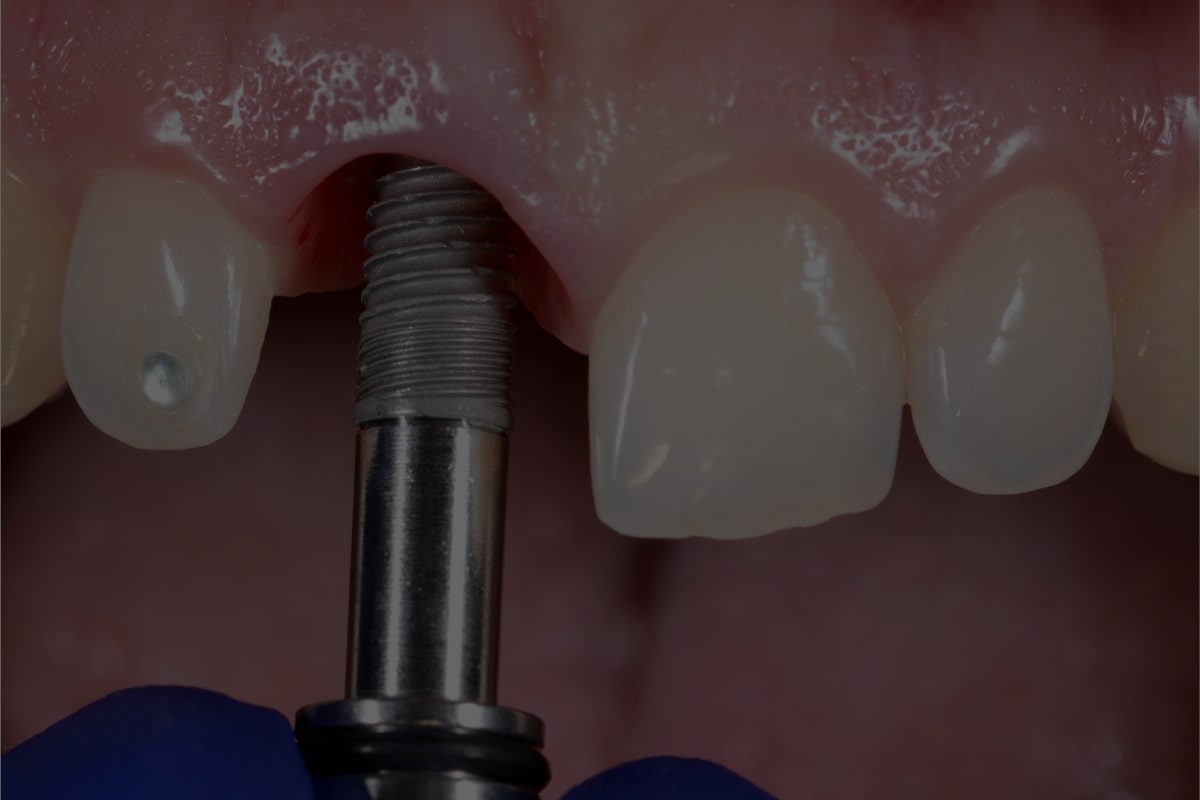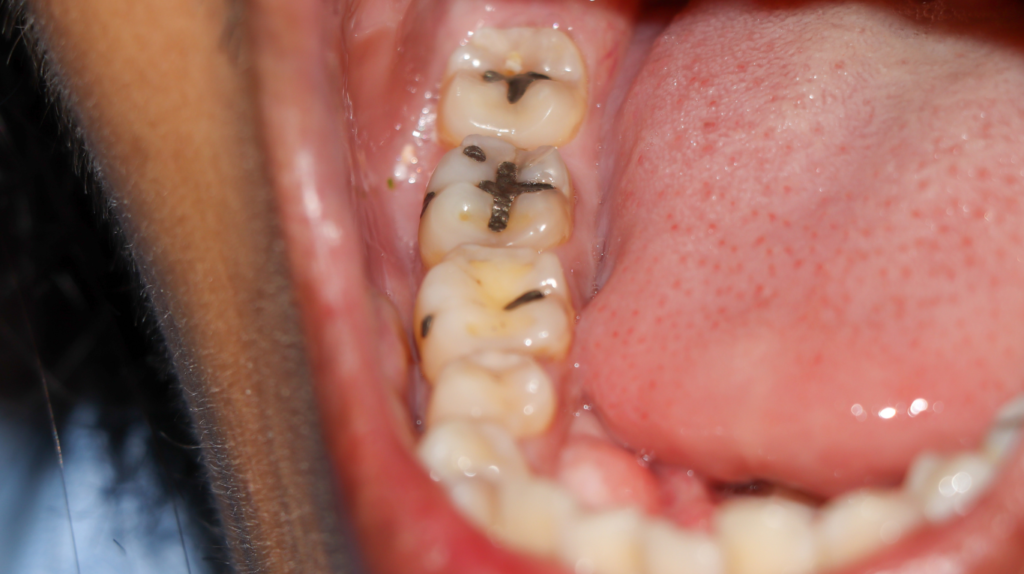Can the implant be placed and my tooth removed on the same day?

Yes it is possible due to advancement of medical science. It is referred as “immediate implant placement,” although it can only be done when the state of the surrounding tissues permits. Otherwise, implants are often placed between 6 and 10 weeks after tooth removal to allow for recovery and the best results.
When is it advised to insert implants right away?
Excellent dental health
An immediate implant can be placed if the socket and bone are free of infection, making it the best option for people who have recently had their front teeth extracted. While deciding when to place an immediate implant, it’s important to consider the state of the tooth and the surrounding bone. Your dentist or implant specialist will conduct a thorough examination to determine if you would be the right candidate for an immediate placement and or immediate loading or whether you will need to wear a temporary solution until recovery is complete.
Knowledge and experience
While combining the multiple procedures it can speed up the process, but it also makes it more challenging for your dentist, therefore only a skilled dentist or implant expert is likely to suggest this as a treatment option. Find out if your dentist has ever done an immediate placement and their success rates.
What if I need to replace a lot of teeth?
You might be the right candidate at the Smile 4U Family dental Clinic’s implant surgery. Here Implant surgery with fixed teeth in given to the patient in 72hours. Implant patients can start chewing food from the 3rd day onwards. This process known as “immediate loading,” is the most often used therapy in our practice today for whole arch rehabilitation and is appropriate for almost all instances involving the lower jaw and the majority of patients involving the upper jaw.
How do I begin my therapy?
The first stage is a consultation with thorough clinical examination with a dental implant specialist, aided with a 3D Cone Beam CT (CBCT) scan to measure the depth and width of the supporting bone.
After evaluating your medical history, the state of the tooth and surrounding bone, your expectations, and your budget, the dentist or implant specialist will suggest different treatment options with you and will advise you the best options for you. Contact us here for more details.
Recent Posts
-
 Understanding Root Canal Therapy: Myths vs. Facts
Understanding Root Canal Therapy: Myths vs. Facts -
 Preventing Tooth Decay: Dos and Don'ts
Preventing Tooth Decay: Dos and Don'ts -
 The Importance of Regular Dental Check-ups
The Importance of Regular Dental Check-ups -
 Gum Disease: Understanding, Preventing, and Treating
Gum Disease: Understanding, Preventing, and Treating -
 Making Dental Visits a Cakewalk for Kids: Conscious Sedation (Laughing Gas) for Comfortable, Painless, and Safe Treatment
Making Dental Visits a Cakewalk for Kids: Conscious Sedation (Laughing Gas) for Comfortable, Painless, and Safe Treatment
